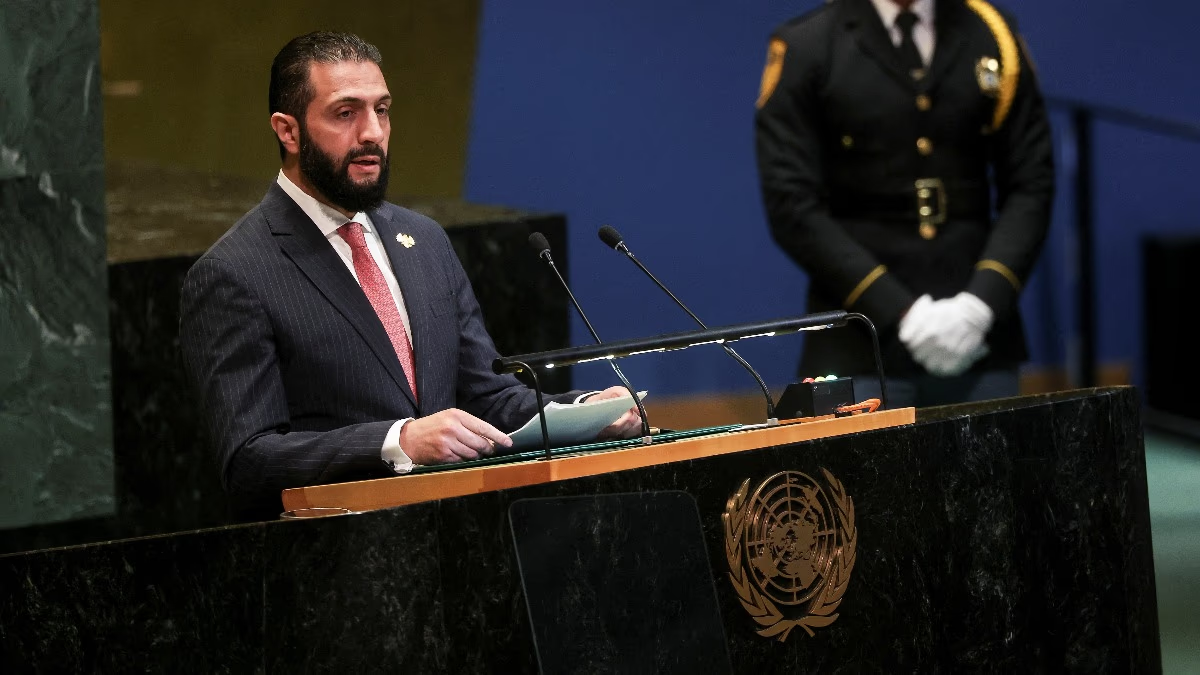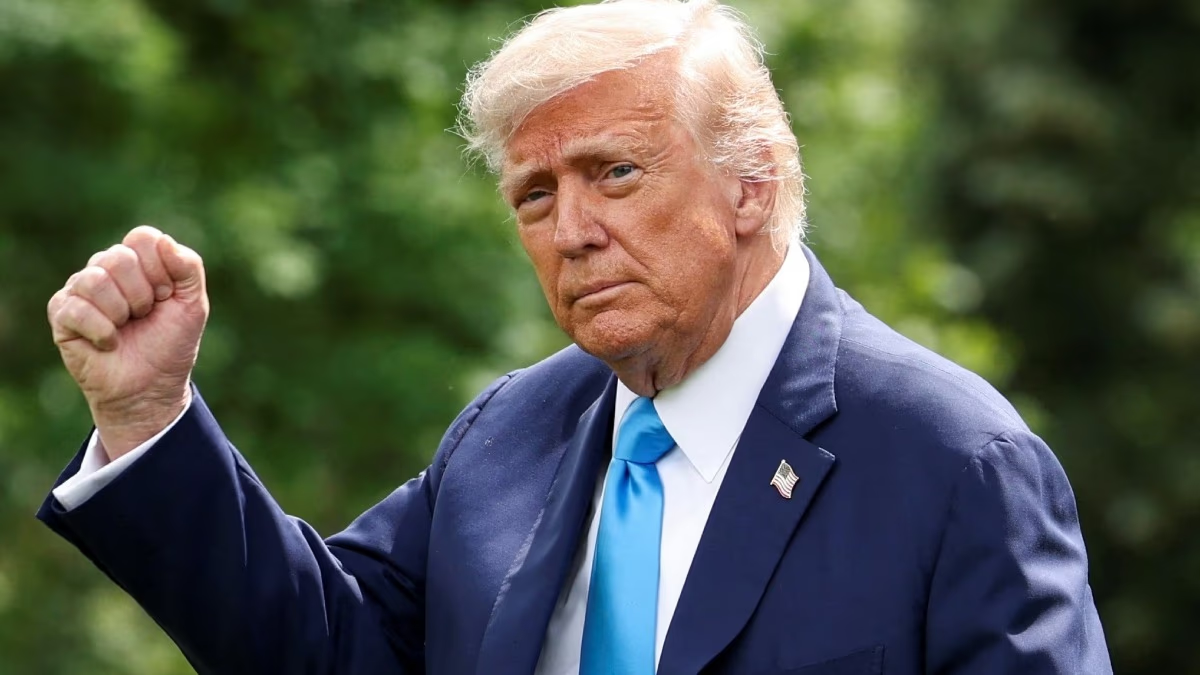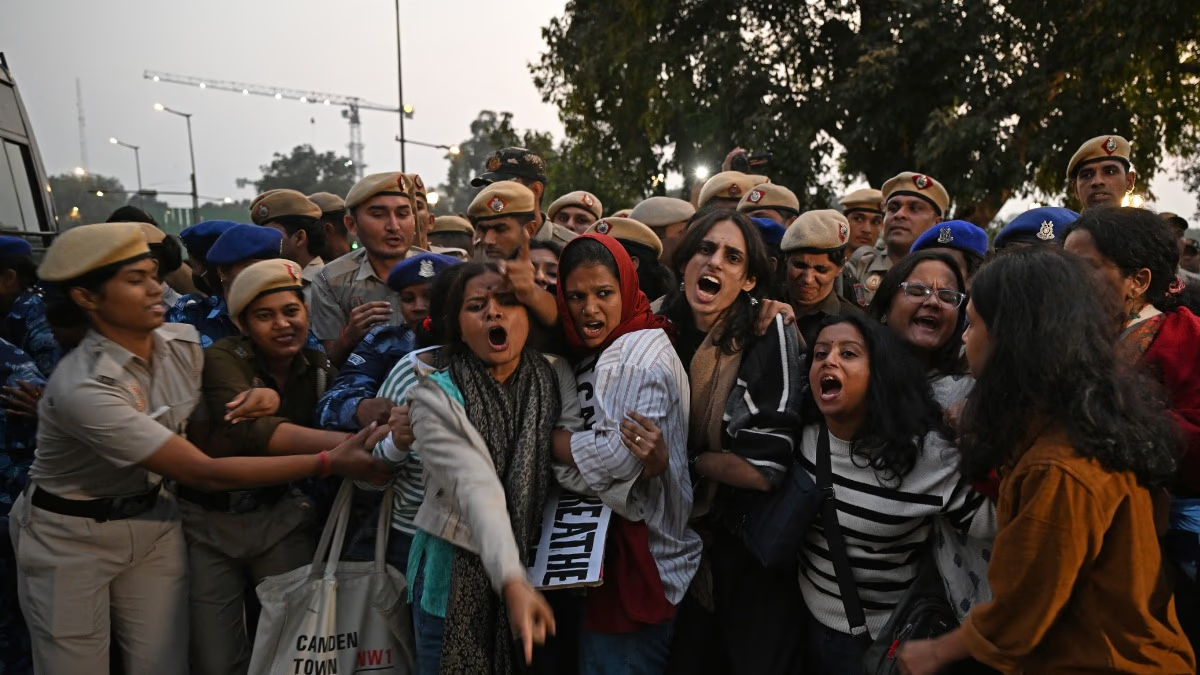The United Nations Security Council voted on Thursday to lift sanctions on Syrian President Ahmed Al-Shara, following a US-proposed resolution. This move comes just ahead of his meeting with US President Donald Trump at the White House on Monday. The US-prepared resolution also removed sanctions on Syrian Interior Minister Anas Khattab, with 14 members voting in favor while China abstained. Washington has been urging the 15-member Security Council for months to ease sanctions on Syria. In May, Trump announced a significant shift in US policy, stating he would remove US sanctions on Syria.
US Ambassador to the UN Mike Waltz said after Thursday's vote, 'The council is sending a robust political signal, recognizing that Syria has entered a new era following the ousting of Assad and his associates.'
HTS and Al-Shara
In December, after 13 years of civil war, Syrian President Bashar al-Assad was ousted by Islamist forces led by Hay'at Tahrir al-Sham (HTS). Known previously as the Nusra Front until severing ties in 2016, HTS was Al-Qaeda's recognized wing in Syria. The group has been listed on the UN Security Council's Al-Qaeda and Islamic State sanctions list since May 2014. Many HTS members remain subject to UN sanctions, including travel bans, asset freezes, and arms embargoes. The sanctions on Shara and Khattab are now lifted.
Moreover, a United Nations report published by Reuters in July noted that UN sanctions inspectors did not observe any active connections between Al-Qaeda and HTS this year.
China Abstains from Vote
China's ambassador to the UN, Fu Cong, stated that China abstained because the resolution did not adequately address its concerns regarding counterterrorism and security in Syria. China has long voiced its worries about the future of the East Turkestan Islamic Movement in Syria. China and Central Asian Uighur fighters are part of this group. Human rights groups accuse Beijing of widespread abuses against predominantly Muslim ethnic minorities.
Fu emphasized that the resolution passed on Thursday clearly outlines the need for Syria to take decisive action against terrorist acts and address threats posed by foreign terrorist fighters (FTFs), including those from ETIM in Syria.
Vasily Nebenzya, Russia's ambassador to the UN, stated that Moscow supported the brief and clear resolution because it prioritizes the interests and aspirations of the Syrian people. Throughout the war, Russia provided diplomatic protection for its ally Assad, with dozens of vetoes supported by China. The council has held multiple monthly meetings to discuss Syria's political, humanitarian, and chemical weapons situation.
After years of disagreement in the Security Council, Syria's UN Ambassador Ibrahim Olabi praised the decision on Thursday, describing it as a message of support to the Syrian men and women striving to rebuild their homeland and restore their lives.
A New Syria: A Story of Success
He remarked, 'The new Syria will be a success story, a shining example that proves the best path in international relations is positive engagement and constructive collaboration. If concerns exist, Syria is fully prepared to address them sincerely, based on mutual respect.'




